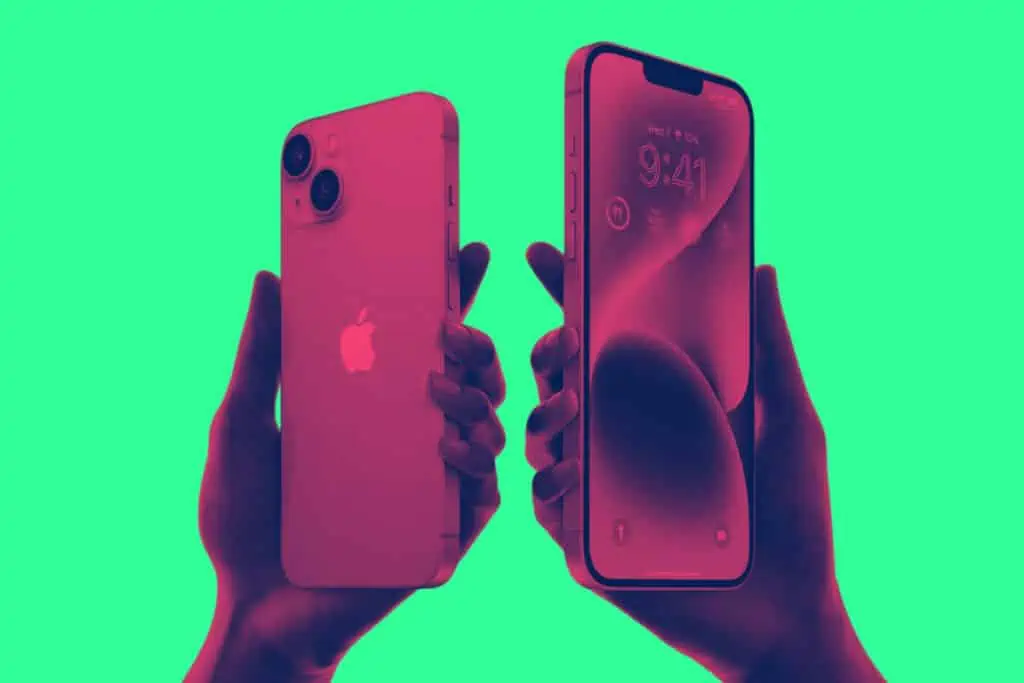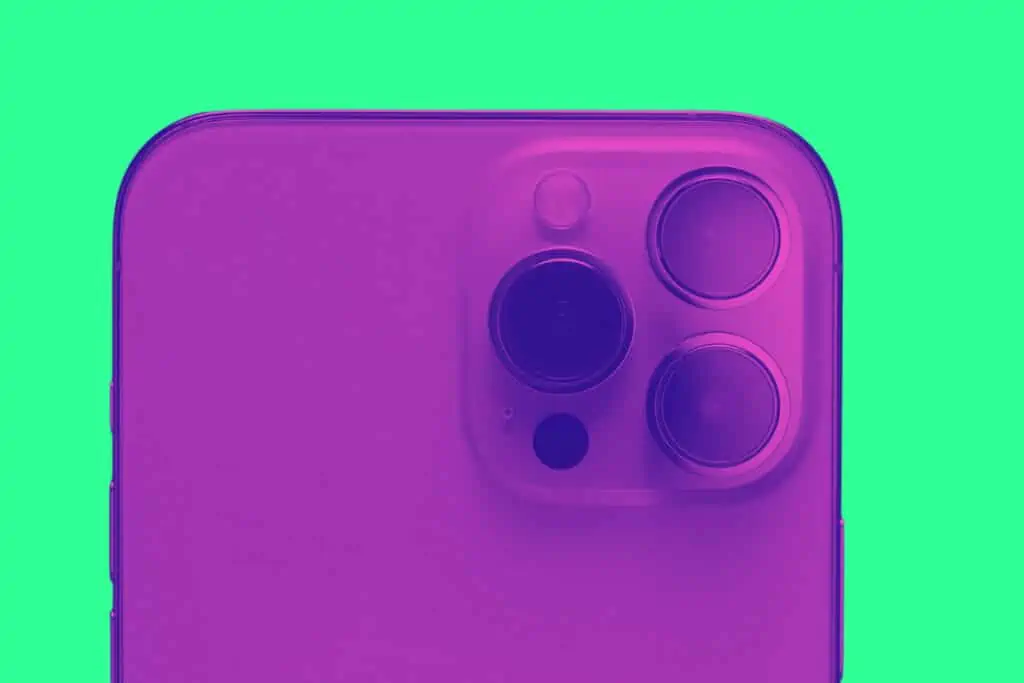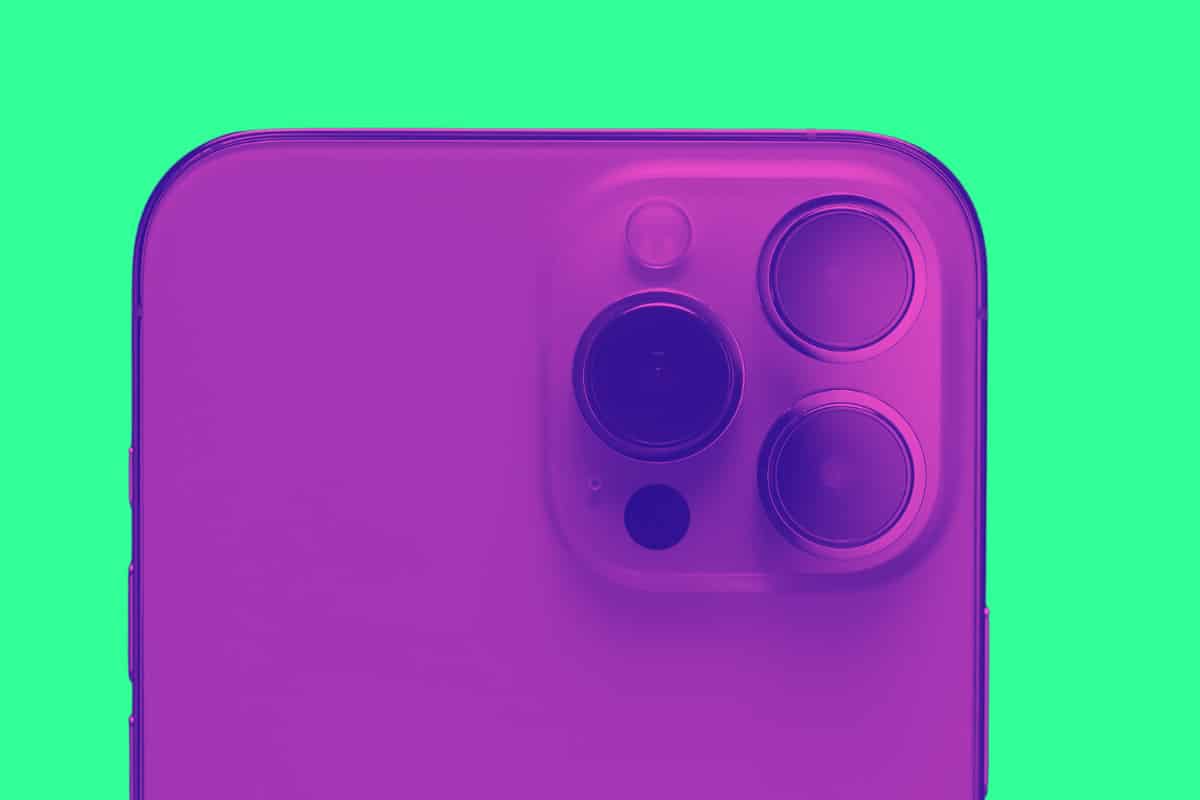In this simple iPhone storage size guide, we’ll show you how much storage each iPhone has and explain how much you’ll likely need on your next iPhone…
The amount of storage you have on your phone is important, although the requirements for you might be different to someone else you know. If you shoot a lot of videos and photos, you’ll want a good amount of storage.
But if all you do is use the iPhone for browsing the web, using apps, and a bit of social media, then you could probably get away with less. As always, it depends on you, the user, and how much to go for. In most cases, however, 128GB will be more than enough for the average guy or gal.
Here’s a handy table that shows how much storage each of Apple’s most recent iPhone releases comes with – as you can see, the Pro models are the best by a considerable margin, as they support up to 1TB of storage.
iPhone Storage Size Guide
| iPhone Model | STORAGE SIZES |
|---|---|
| iPhone X | 64GB / 256GB |
| iPhone XS | 64GB / 256GB/ 512GB |
| iPhone 11 | 64GB / 128GB / 256GB / 512GB |
| iPhone 12 | 64GB / 128GB / 256GB / 512GB |
| iPhone 13 | 128GB / 256GB / 512GB / 1TB |
| iPhone 14 | 128GB / 256GB / 512GB / 1TB |
If you’re looking for an iPhone with the most possible storage, you’ll need to go with either Apple’s iPhone 13 Pro or iPhone 13 Pro Max. Both of Apple’s 2021 Pro models now support 1TB of storage, the highest amount of storage ever used inside a commercial smartphone.
Prior to the release of the iPhone 13, the iPhone 12 Pro Max and iPhone 11 Pro Max had the highest amount of storage you can get in an iPhone, topping out at 512GB.
These models are very pricey though, as you can see here. And for most people, 512GB is not essential. Case in point: I’ve had several 128GB phones over the last few years and I haven’t run out of storage once.
For this reason, I think only a very select few users would ever require more than 128GB. If you like to carry around A LOT of media on your phone, or you shoot and edit a lot of videos, sure, 256GB or even 512GB makes sense.
But that isn’t most people; most people listen to music via the cloud, use iCloud storage for their photos, and don’t run that many apps. My advice? Go with the least amount of storage you can. Apple really dings you for storage, so it makes sense to keep it as low as possible.
Is 1TB of Storage Worth It?

Apple introduced a new storage tier on its iPhone 13 Pro models, and this trend continued with the release of the iPhone 14 Pro and Pro Max in 2022. 1TB is still the absolute limit for storage on iPhone and it is still prohibitively expensive, jacking the price of the iPhone 14 Pro Max up to close to the £2000/$2000 mark.
For all but the most demanding users, this will simply be too much. But if you shoot photos and video professionally, a 1TB iPhone 14 Pro Max (or Pro) will be just what you’ve been looking for, as it negates the need to carry around external storage drives and allows you to shoot and carry hours of 4K footage on your phone.
Who Needs 1TB of Storage on a Phone, Anyway?
Why does anyone need 1TB of storage? Apple is pitching its 1TB models – meaning its Pro models – at content creators, people that shoot a lot of videos. Apple has even added in things like ProRes to make the editing process even better on its Pro models.
Apple also upped the iPhone 14 Pro’s video-shooting chops; you can film in 4K up to 30fps with the iPhone 14 Pro models and, with ProRes, a higher quality video format, you can then edit in more detail after footage has been filmed.
If you shoot lots of video in 4K, you’ll need plenty of storage. This is why the 1TB iPhone 14 Pro / Pro Max exists. It is designed, predominantly, with videographers in mind. With 1TB of storage and Apple’s new ProRes, making and editing professional-looking videos on iPhone has never been easier.
Most users, however, will be fine with either 128GB or 256GB models. I have a 128GB phone right now and I am no way near using all of its capacity. And I’m a pretty heavy user too.
64GB is No Longer Enough For Modern Users

64GB is the least amount of storage you used to be able to get on older models like the iPhone 11 and iPhone 12. But even back then, 64GB was getting close to being totally useless, especially if you plan on running your iPhone for multiple years at a time.
Apple killed 64GB on the iPhone 13 range. All iPhones now ship with 128GB as standard, topping out at 512GB for the iPhone 14 and iPhone 14 Plus and 1TB for the Pro models.
The second relates to how many pictures and videos to plan on taking. If you’re a serial snapper, and you run lots of apps and games on your iPhone, you’ll definitely need more than 64GB. Like a lot more. Plus, iOS now takes up more room than ever – iOS 16 is over 6GB in size.
The third relates to downloading content and media onto your iPhone. If you like downloading and storing lots of files on your iPhone, from TV shows to films and videos, 64GB is going to run out really fast given the size of most, modern video formats.
Apple doesn’t include expandable storage on any of its iPhones, so you have to be careful with how you manage what you’ve got.
OK, so when is a 64GB appropriate? Simple: if you’re a light user, somebody like my mum, then 64GB will be more than enough for you. What do I mean by a “light user”?
A light user is someone that doesn’t take loads of photos and videos and, most of the time uses their phone ONLY for IM, web browsing, email, and social media. A light user runs limited apps and doesn’t usually have many games stored on their phone.
If you’re a light user, a 64GB iPhone will be fine. But if you go with 64GB, you’ll be limited to older models like the iPhone 12 which can be picked up for considerably less – around 40% cheaper – via refurbished retailers online. I’d still advise that you go with more storage though – 64GB just ain’t enough these days.
What’s The Best Amount of Storage For Normal Use?
Because Apple’s iPhones do not have any options for expandable storage, storage is always worth thinking about and while this issue has been somewhat mitigated by Apple offering its base model iPhones with 128GB, you should still give it some sort.
Why? Because once you’ve used all of your iPhone’s storage, you will then have to pay for additional cloud storage via iCloud to pick up the slack.
If you know you take a lot of photos and videos and download lots of apps and games and movies, you might want to think about going with a 256GB model instead. This will effectively future-proof your phone for a solid few years.
Do I Need A 256GB iPhone?
If you’re what’s considered a “pro user”, meaning someone that runs a ton of applications on their iPhone, uses it as a storage device for work-related files and media, and also uses plenty of applications, then, yes, 256GB could be what you need.
256GB is A LOT of storage, though, and for most people, you won’t get anywhere near this. Case in point: the iMac that I use for work, and haven’t audited in six years, only has 350GB of stuff on its hard drive, and while that is a lot more than 256GB, it just goes to show how far storage can actually go.
Where 256GB starts to make more sense is if you plan on running your iPhone for a LONG TIME. Like six years or more – or until Apple stops supporting it with iOS updates. In this context, you’ll want as much storage as possible. And 256GB should do you just right.
What About A 512GB iPhone?
Beyond 256GB of storage, we have Apple’s top-of-the-range storage option: 512GB which is just over half a terabyte of internal storage. This is a huge amount of memory; it is more than some laptops. But you will pay top dollar for this amount of storage – around $1399/£1399.
Who needs 512GB of storage on their iPhone? Honestly, I’m not too sure. Even forum discussions on the subject seem to point to 512GB being complete overkill, meaning all the storage most people will ever need is 512GB.
How Long Will 512GB of Storage Last?
I mean, look at it this way: with 256GB of storage, you’ll have enough room for 13,000 photos, 1000 songs, and 1400 videos on your phone. And even with all that, as well as all your apps and games, you’ll still have around 50GB of room left over.
The only upshot of having 512GB of storage is that you’ll have enough room on your iPhone to carry ALL your media with you at all times. That means all your downloaded movies and TV shows, all your ebooks, all of your podcasts, and all of your apps and games. And even then, you’ll still probably have plenty left over.
Most iPhone users seldom break the 256GB threshold, so, yeah… you probably don’t need to fork out for a 512GB iPhone any time soon.
Why Higher Storage iPhones Cost More Money
When it comes to iPhone storage, you’re probably wondering why higher storage sizes are so expensive. Well, there are two reasons for this.
The first reason is that Apple likes making money. This is why it has – and always will – charge a premium for its products. Do you really think the iPhone 12 costs Apple $799 to make? It is actually more like $100. But the RRP has to reflect costs associated with building and distributing the phone and also generate profit.
Apple also likes to ensure it has hefty profit margins on all of its profits, usually around 35%.
The second reason is to do with quality. Apple has to ensure that the memory it uses in its iPhones is flawless. It cannot afford the memory to break or get corrupted; it has to work perfectly for up to a decade. This means it CANNOT use cheap memory. If it did, it would have QC issues and returns.
This is also why Apple doesn’t allow microSD and/or expandable storage on its iPhones. It likes to control the entire experience. If you start expanding the storage on your own, you’re stepping outside of Apple’s control. And Apple does not like this. If you want more storage, you have to pay for it.
It’s as brutally capitalistic as that.
This means when the time comes to upgrade your iPhone, make sure you choose the right storage size for your needs. Again, I’d ALWAYS recommend you go with at least 128GB, although this is now the new base model storage for all iPhones in 2021. Most people will be just fine with 128GB. 1TB is a bit much for the average user, and 256GB and 512GB will feel like you have an infinite amount of storage on your iPhone.
You can now order the iPhone 14 – click here for all the latest deals.


